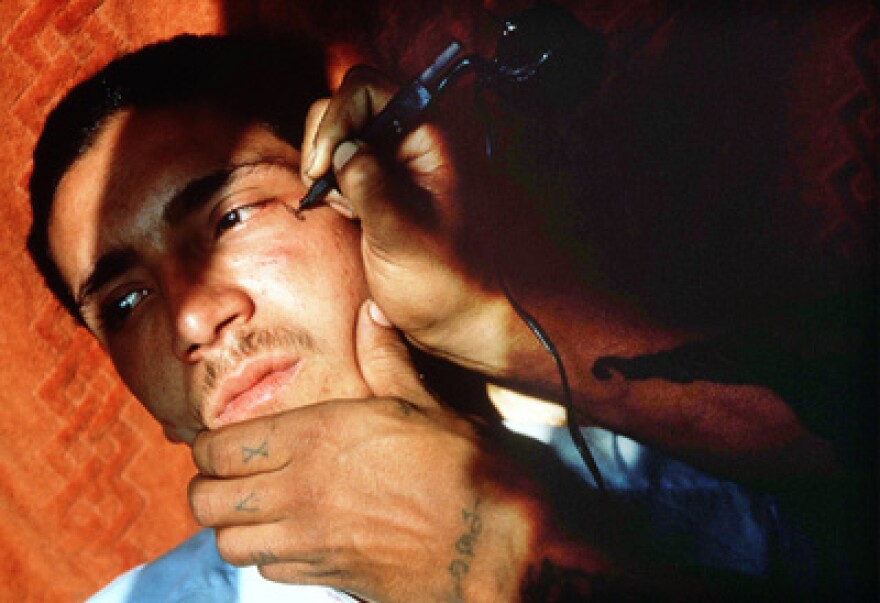Guilford is one of eight counties in North Carolina that has more than 40 gangs, according to 2016 numbers from the North Carolina State Highway Patrol GangNET database. In 2017, Greensboro had a record 42 homicides, and 11 of those killings were gang related. That same year, the number of violent deaths in High Point was nearly three times greater than killings in 2016.
High Point Police Department Chief Kenneth Shultz released a statement earlier this month connecting recent shootings and violence to two local groups affiliated with known gangs in High Point. News & Record crime and courts reporter Danielle Battaglia recently investigated the rise of violence in Guilford County and how authorities are tracking gang members and crime.
She shares her reporting with host Frank Stasio. Carl Taylor also joins the conversation to talk about his research on gangs and gang culture. He is a professor of sociology at Michigan State University.
Interview Highlights
Battaglia on her conversation with two gang members:
They joined gangs to be part of a family and to find a connection. They saw it as a type of fraternity and less as the violent criminal organizations that I think the general public would view them as. And so, to them, it was just a regular part of their lives that had a mix of violence in it. And that was the part that they hated
Everybody needs to belong, and belonging to a group is important. - Carl Taylor
about being members, was having to commit violent crimes or doing anything dangerous to stay a member.
Taylor on the misconceptions about gangs:
I'm saying to America: You don't get it … It's not all shoot-em-up, bang bang. A lot of this is mental health. A lot of this is drug addiction. It's a very complex problem that we're looking at.
Taylor on solutions:
If you're talking about the most effective means — I’m saying after I've watched for over three decades — you want to talk about prevention. So you go back and look at the home, and you look at the neighborhoods, and you look at employment. And those things sound corny to a lot of people, or a waste of time, but I think you have to apply those things with an accuracy. You can't just throw education [at the problem]. You have to have the right types of teachers.




